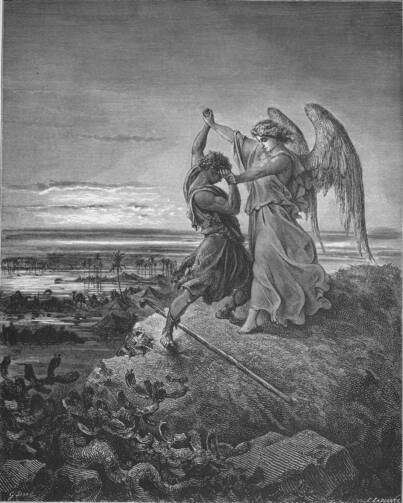In a recent op-ed in the New York Times, columnist Bill Keller called for the Catholic Church to lifts its requirement for mandatory celibacy for priests. This requirement, wrote Keller, “has driven away many good priests” and has bred “a culture of sexual exceptionalism and denial” that “played some role in the church’s shameful record of pedophilia and cover-up.”
I don’t agree with Keller, and I wish he had more fairly articulated the value of celibacy and had represented those voices – celibate priests – who find that celibacy empowers their ministry. But setting that issue aside, what has most intrigued me from Keller’s column is the metaphor that he relied upon to justify his commentary.
Here is what he said:
Not many years after I left St. Matthew’s, I left the church. Leaving your church is not so much like quitting a club as emigrating from the country where you grew up. You forfeit citizenship and no longer consider yourself subject to its laws, but you follow the news from the Old Country and wish its people well, because they are still in some sense your people. And if you write for a living you may sometimes write about that world, from a distance.
This metaphor is similar, but not as harsh, as the language he used to describe himself in a February 17, 2013 column titled “Catholicism Inc.” In that column, he wrote, “I realize that many devout Catholics recoil from suggestions of change, especially if the suggestions come from deserters like me. But troubled enterprises often benefit from a little outside counsel.”
Giving that outside counsel seemed to be what Keller had in mind with another column on Catholicism, this one from June 17, 2012. In “The Rottweiler’s Rottweiler,” Keller wrote about Bill Donohue, president of the Catholic League. In an essay that meandered from Donohue to Vatican II to disaffected nuns, Keller wrote: “Much as I wish I could encourage the discontented, the Catholics of open minds and open hearts, to stay put and fight the good fight, this is a lost cause.” If it’s a lost cause, I wondered, why profile Donohue? Why give his work – which Keller admittedly opposes – such prominence: the worldwide readership of the Times?
Reflecting on that column on his own blog (June 26, 2012), Keller said that he was offering “an exit strategy for disaffected Catholics. The proposition was that Catholics who want a church more bighearted on issues like the role of women and the acceptance of gay love should consider looking elsewhere, because today’s Catholic hierarchy is stuck in a deep rut.”
In that same blog, however, Keller went on to extol the Catholic tradition: “One thing . . . history reminds us is that the Catholic Church is capable of adapting to science and social mores more readily than fundamentalist strains of Christianity.”
In another blog post, this from February 11, 2013, Keller wrote: “I’ve addressed before the growing alienation of American Catholics, from the vantage point of someone who feels the Catholicism as part of his history, though he no longer has the faith to go with it.” And yet, he added, “I respect those who stay because they have found spiritual contentment in one of the local parishes that soft-pedal the chauvinism of Rome.”
For someone who describes himself as disaffected, as a deserter, as one who has renounced his citizenship in the country of Catholicism, Keller seems remarkably interested – passionately so -- in Catholicism, in its theological positions, its internal politics, and in its leaders. It’s an interest that reflects a personal stake. And to me it’s quite telling that in the midst of over a decade of criticism, in thousands of words on the subject, and despite declarations of lapsed faith, he has not called (so far as I know) for readers to abandon the ecclesial project – the Church – altogether. Though he has made vague statements about lacking faith, he has not, to my knowledge, rejected the core claims of Catholic Christianity. His columns on the Church convey exasperation and despair, but never complete refusal.
Despite what he says, he hasn’t renounced his Catholic citizenship; and even if he believes he has, he is not at peace with it. The old country beckons, as it does for a lot of Catholics who veil their deep love for the Church in frustrated disregard. In blog posts and columns that stretch back over ten years, Keller communicates ambivalence, unsettledness, uncertainty. And when he profiles others who have left the Church (former sisters and priests, for example), it’s hard not to read these essays as him writing about himself, using the lives of others to explore ways to enliven his own Catholic faith.
The ecclesial project, in other words, seems to be something he wants to rejoin. How else to explain why he so often writes about the Catholic Church, even suggesting ways to make it better, to attract more followers, to make it something that – in his mind – will be more fruitful in more lives?
Bill Keller is not Bill Maher. In Keller’s writing, I don’t see someone trying to destroy the Church. I see someone aching for a connection. When I read Keller, I think the same thing I think of when I read Andrew Sullivan. I think of the Book of Genesis, of Jacob’s wrestling with the angel; and I wonder what experiences or encounters keep these men engaged in the struggle when it would appear to be more natural, given their professed views, to walk away.








